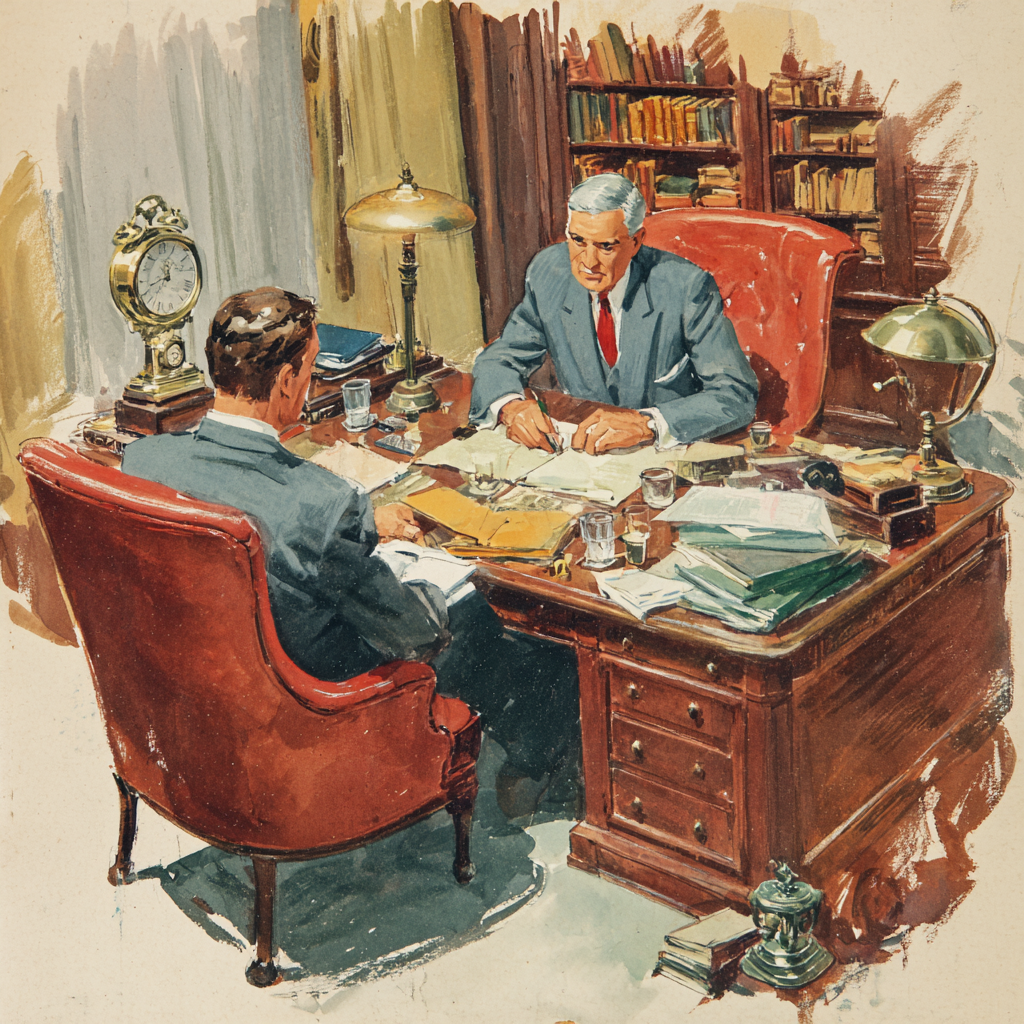Most law firms are over-indexed on technical knowledge and underdeveloped in delivery, process, and trust-building. Legal operators—those who understand the business, the process, and the technology—are becoming indispensable.
One of the recurring patterns I’ve observed while working at one of Southeast Asia’s leading legal and tax advisory firms is that a solutions-oriented mindset is often missing. Especially in emerging jurisdictions, the practice of law is not just about what the law says, but how the system works in practice — and how to navigate it with discretion and precision.
This dynamic isn’t limited to frontier markets. It’s starting to surface in more developed jurisdictions too. Consider the recent Bloomberg Law article, Law Firms Recruiting Business Executives Gain a Competitive Edge. It reinforces what many of us already know instinctively: the legal profession is not insulated from the wave of technological, client-centered, and operational shifts transforming every other sector. The firms that recognize this early — and embed new capabilities early — will stand apart.

The Intangibles That Differentiate Law Firms Today
While legal skill and technical fluency remain essential, they are no longer differentiators. Increasingly, firms compete on intangibles:
- Responsiveness over rigidity
- Interpretation over information
- Trust-building over technicality
- Process clarity over procedural perfection
- Narrative strength over citation volume
These are not "soft" skills. They are strategic differentiators — particularly for clients whose problems are not purely legal, but operational, political, or relational.
What Is a Legal Operator — and Why Now?
A legal operator sits at the critical intersection of law, business, and systems. They may not hold a practicing certificate, but they understand:
- How clients experience legal service
- How delivery infrastructure affects credibility
- How internal workflows either build or erode trust
- How to translate legal reasoning into business action
In a profession still rooted in antiquity, the operator is not there to replace the lawyer — but to elevate the value of the lawyer’s work.
Technical knowledge is no longer enough. It’s how problems are solved, how advice is delivered, and how relationships are sustained that distinguishes the firm of the future.
My Experience Coordinating Legal Delivery + Building DFDL Connect
From coordinating corporate structuring and compliance matters to building and piloting a powerful internal client platform, I’ve seen firsthand what clients value most.
Yes, they want clear legal interpretation. But quickly the conversation shifts: “How soon can this be done?”, “What’s the best way forward?”, “What do others do in this situation?”,“Can this be simplified?”
These are business questions with legal constraints — not the other way around. And the people best equipped to answer them tend to be those who sit between departments, understand internal systems, and speak both the language of law and the logic of delivery.
This is where legal operators prove their worth — not by knowing more law, but by knowing how law meets life.
Closing Thought
We’re entering a quiet evolution in the legal world: prestige is shifting from pedigree to performance. As someone who works within a legal and tax firm, it’s my belief that legal operators won’t replace lawyers. But the firms that integrate them, value them, and give them room to lead will quietly build stronger, more client-centric institutions.
